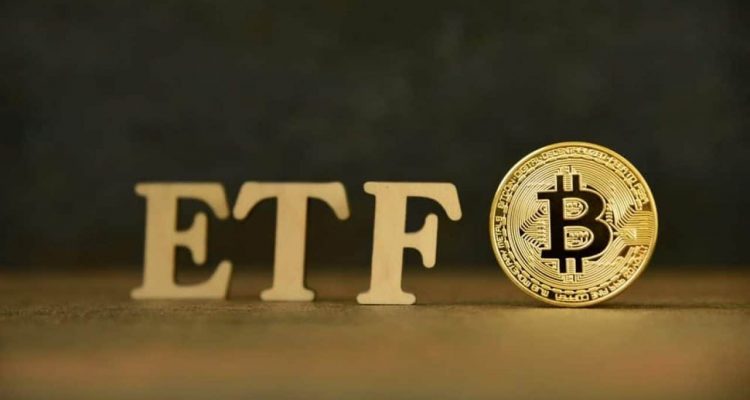
The U.S. Securities and Exchange Commission (SEC) has reportedly held 24 meetings with applicants for a spot Bitcoin Exchange-Traded Fund (ETF), which has sparked widespread speculation and anticipation in the cryptocurrency industry. This information has attracted a lot of attention because it could signal the beginning of the long-awaited approval of a Bitcoin ETF in the United States.
Similar to stocks, an ETF is a type of investment fund traded on stock exchanges. A spot Bitcoin ETF would permit financial backers to acquire openness to Bitcoin’s cost developments without the intricacies of possessing the genuine digital currency. This sort of monetary item is viewed as a key stage in carrying Bitcoin into the standard venture world, offering a managed and possibly safer passage point for institutional and retail financial backers the same.
The SEC’s broad commitment with Bitcoin ETF candidates recommends a careful survey process and could be characteristic of the commission’s advantage in understanding and possibly obliging this new kind of monetary item. This degree of collaboration is striking on the grounds that the SEC has recently been careful about endorsing digital money related speculation items, refering to worries about market unpredictability, liquidity, and likely control.
Endorsement of a spot Bitcoin ETF in the US would be a huge achievement for the digital money industry. It wouldn’t just approve Bitcoin’s developing acknowledgment in the monetary area yet in addition possibly lead to expanded reception by a more extensive scope of financial backers who are more familiar with customary venture vehicles.
Nonetheless, it is essential to take note of that while these gatherings are a positive sign, they don’t ensure inescapable endorsement. The SEC’s dynamic cycle is complete and considers different variables to guarantee financial backer insurance and market respectability.
Financial backers and market eyewitnesses are intently watching these turns of events, as a SEC endorsement of a Bitcoin ETF could have sweeping ramifications for the cryptographic money market and the more extensive monetary scene.